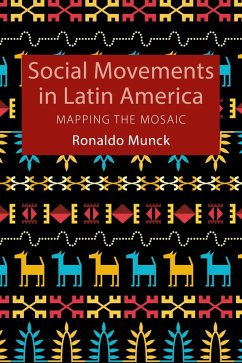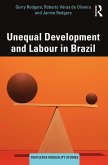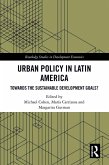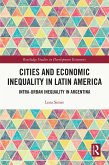Social movements play a significant role in the political and social landscape of Latin America. They emanate from different sections of society and are motivated by many different concerns, including workers' rights, agrarian and land reform, the rights of indigenous peoples, gender inequality and the fight against environmental degradation.
Ronaldo Munck explores the mosaic of interlocking and connected issues that make up the complex map of social movements in Latin America and shows why, despite being a fragmented political force, these movements are at the centre of any future progressive politics in the region. As such they require careful understanding and, he suggests, a more nuanced theoretical approach than previous studies have offered.
Combining insights from Latin American approaches to social movement theory and detailed empirical case studies, the book provides readers with an understanding of the vital role social activism plays in the region and offers students the methodological tools to develop their own research agendas.
Ronaldo Munck explores the mosaic of interlocking and connected issues that make up the complex map of social movements in Latin America and shows why, despite being a fragmented political force, these movements are at the centre of any future progressive politics in the region. As such they require careful understanding and, he suggests, a more nuanced theoretical approach than previous studies have offered.
Combining insights from Latin American approaches to social movement theory and detailed empirical case studies, the book provides readers with an understanding of the vital role social activism plays in the region and offers students the methodological tools to develop their own research agendas.
Dieser Download kann aus rechtlichen Gründen nur mit Rechnungsadresse in A, D ausgeliefert werden.









